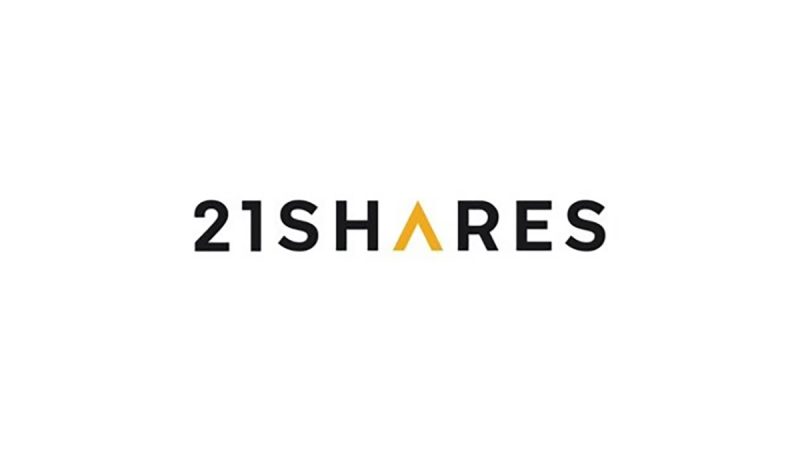21Shares has officially filed for a Spot Solana ETF with the U.S. Securities and Exchange Commission (SEC), marking its second SOL ETF application this week, following VanEck’s submission yesterday. This development underscores the growing interest and demand for Solana-based investment products in the cryptocurrency market.
Recent Developments in the Crypto ETF Space
A recent report from GSR highlights that Solana (SOL) is the token most likely to be offered as the next investment product. Earlier this year, Bitcoin and Ethereum received approval for exchange-traded products, creating anticipation for which cryptocurrency would be next.
21Shares’ ETF Filing
21Shares aims to offer its Spot Solana ETF on the Cboe BEZX exchange, providing investors with a “convenient and cost-effective method to gain investment exposure to SOL without making a direct investment in SOL.” This move follows VanEck’s similar filing, with both firms seeking to capitalize on the shifting regulatory landscape.
VanEck’s Perspective
Matt Sigel, VanEck’s Head of Digital Assets Research, commented on the timing of their filing, stating, “We believe that the regulatory landscape is shifting.” He emphasized that the current climate presents a key opportunity to initiate the approval process for new crypto-based ETFs.
Growing Demand for Solana-Based Products
The filings by 21Shares and VanEck are supported by data from GSR, which shows a significant demand for SOL-based investment products. GSR’s metrics indicate that Solana has firmly established itself alongside Bitcoin (BTC) and Ethereum (ETH) as one of the market’s top three assets.
When assessing decentralization and demand, Solana stood out as the natural follow-up to Bitcoin and Ethereum. GSR noted that Solana “outpaced the next closest digital asset by a large margin and was the only other besides Ethereum to have positive scores for both decentralization and demand.”
Implications for the Crypto Market
The approval of a Spot Solana ETF would be a notable development for the cryptocurrency market, offering investors another avenue to gain exposure to digital assets through traditional financial products. As the regulatory environment continues to evolve, these filings reflect the industry’s push towards broader acceptance and integration of cryptocurrency investments.
